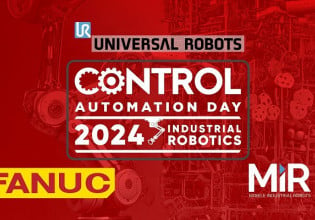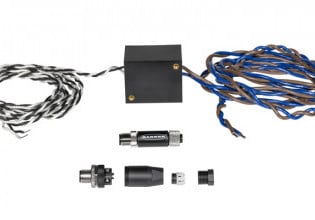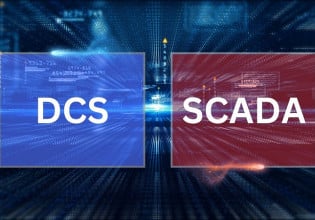Hello everybody .. Here is the case
Assigned for a new project (small / medium size one) that will use DCS as a control system.
Tendering for hardware only .. Software implementation will be done inhouse (By the end user engineers) .. this will include:
- IO assignment
- 3rd party Soft IO integration
- Logic/Sequence Implementation
- graphics implementation
- Alarm Configuration
- Historian Configuration
- Report customization
The main challenges are the following:
- Vendor will provide HW cabinets complete furnished and HW FAT tested .. This test I am expecting it to be very basic
- No SW FAT of course from the vendor
- No SAT or commissioning support
- Vendor refused to provide DCS "certificate of compliance"
Questions:
- By law .. "certificate of compliance" is mandatory and system can't be handed over without it - Is this correct?
- Test will be done internally (By the end user engineers) .. No FAT will be held - Is this accepted? .. By investigation I knew that "IEC 61511" recommended FAT and put FAT procedures for testing the system .. But this is recommendation .. not a must - So handing over ther project without FAT or SAT documents, just internal testing - Is this accepted?
Assigned for a new project (small / medium size one) that will use DCS as a control system.
Tendering for hardware only .. Software implementation will be done inhouse (By the end user engineers) .. this will include:
- IO assignment
- 3rd party Soft IO integration
- Logic/Sequence Implementation
- graphics implementation
- Alarm Configuration
- Historian Configuration
- Report customization
The main challenges are the following:
- Vendor will provide HW cabinets complete furnished and HW FAT tested .. This test I am expecting it to be very basic
- No SW FAT of course from the vendor
- No SAT or commissioning support
- Vendor refused to provide DCS "certificate of compliance"
Questions:
- By law .. "certificate of compliance" is mandatory and system can't be handed over without it - Is this correct?
- Test will be done internally (By the end user engineers) .. No FAT will be held - Is this accepted? .. By investigation I knew that "IEC 61511" recommended FAT and put FAT procedures for testing the system .. But this is recommendation .. not a must - So handing over ther project without FAT or SAT documents, just internal testing - Is this accepted?






